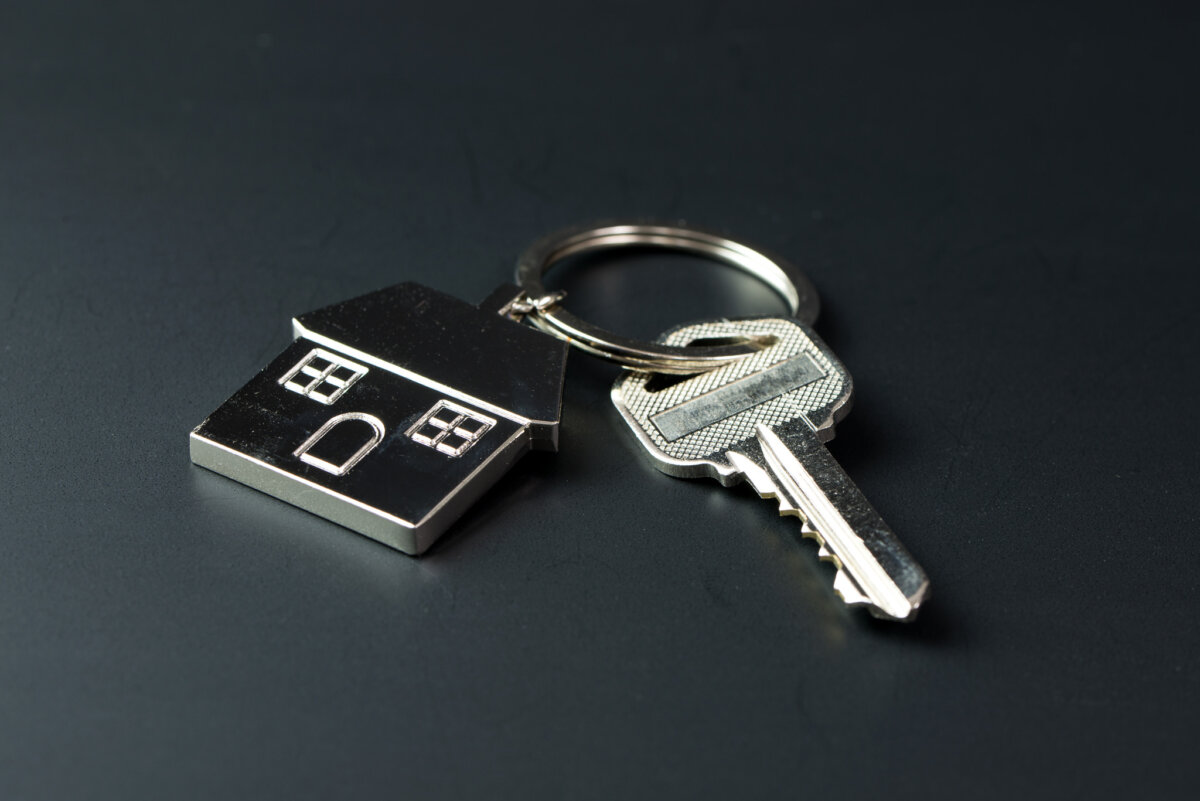The Department of Veterans Affairs (VA) loan is one of the most significant benefits available to military service members, veterans, and eligible surviving spouses. Created to assist these individuals in achieving the dream of homeownership, the VA loan program offers a variety of advantages over traditional mortgage options. This article provides an in-depth exploration of VA loans, covering their benefits, eligibility requirements, application process, and other critical details.
What is a VA Loan?
A VA loan is a mortgage loan backed by the U.S. Department of Veterans Affairs. Unlike conventional loans, VA loans are partially guaranteed by the government, which means that lenders face reduced risk when extending financing to eligible borrowers. This guarantee allows borrowers to access favorable terms, such as no down payment and competitive interest rates.
The VA does not lend itself but facilitates loans with private lenders, including banks and mortgage companies. If a borrower defaults, the VA compensates the lender for a portion of the loss, providing an added layer of security.
Key Benefits of VA Loans
- No Down Payment: One of the most attractive features of VA loans is that they typically require no down payment, making homeownership accessible to more individuals.
- Competitive Interest Rates: VA loans often offer lower interest rates than conventional loans, saving borrowers money over the life of the loan.
- No Private Mortgage Insurance (PMI): Unlike conventional loans that require PMI if the down payment is less than 20%, VA loans do not mandate PMI, reducing monthly payments.
- Flexible Credit Requirements: While lenders set their credit standards, VA loans generally have more lenient credit requirements than other types of loans.
- Limits on Closing Costs: The VA limits borrowers’ closing costs, making the home-buying process more affordable.
- Foreclosure Protection: The VA offers resources to help borrowers avoid foreclosure, including counseling and loan modifications.
- Reusable Benefit: Eligible borrowers can use the VA loan benefit multiple times, provided they pay off the previous loan or meet specific conditions.
Eligibility Requirements
Eligibility for a VA loan depends on the borrower’s service history, duty status, and character of service. General criteria include:
- Active Duty Service Members: A minimum of 90 continuous days of active service is typically required.
- Veterans: Length of service requirements vary depending on the era in which the veteran served. For example, veterans who served during World War II or the Korean War generally need 90 days of active service. In comparison, those serving during peacetime may require 181 days.
- National Guard and Reserves: Members must typically have at least six years of service or meet specific activation requirements.
- Surviving Spouses: Unremarried spouses of service members who died in the line of duty or due to a service-related disability may qualify.
Eligibility is confirmed through a Certificate of Eligibility (COE), which borrowers must obtain before applying for a loan. The COE verifies to lenders that the borrower meets VA loan requirements.
Types of VA Loans
VA loans are not one-size-fits-all; several types are available to meet different needs:
- Purchase Loans: These loans are used to buy a home, and they often require no down payment and have competitive interest rates.
- Interest Rate Reduction Refinance Loan (IRL): A VA Streamline Refinance helps borrowers reduce their interest rate or switch from an adjustable-rate mortgage (ARM) to a fixed-rate mortgage.
- Cash-Out Refinance Loans: These loans allow borrowers to tap into their home equity, providing funds for various needs such as home improvements or debt consolidation.
- Native American Direct Loan (NADL): This loan assists Native American veterans with purchasing, constructing, or improving homes on federal trust land.
- Adapted Housing Grants: Designed for veterans with service-related disabilities, these grants help fund modifications to make homes more accessible.
The VA Loan Process
Applying for a VA loan involves several steps:
- Obtain a Certificate of Eligibility (COE): Borrowers can apply for a COE online through the VA’s eBenefits portal, by mail, or through their lender.
- Find a Lender: Not all lenders offer VA loans, so choosing someone experienced in VA lending is essential.
- Pre-Approval: Getting pre-approved helps borrowers understand their budget and strengthens their position when making home offers.
- Find a Home and Sign a Purchase Agreement: Once pre-approved, borrowers can shop for homes and enter into a purchase agreement.
- VA Appraisal: The VA requires an appraisal to ensure the property’s value supports the loan amount and that it meets minimum property standards.
- Close the Loan: After the appraisal and final underwriting, borrowers can close on their loan and move into their new home.
Common Misconceptions About VA Loans
Despite their benefits, several misconceptions about VA loans persist:
- VA Loans Take Longer to Close: While VA loans involve additional steps like the appraisal, they typically close in a time frame comparable to conventional loans.
- Limited to First-Time Buyers: VA loans are available to eligible borrowers regardless of whether they’ve owned a home.
- Only for Single-Family Homes: VA loans can also be used for condos, multi-unit properties (up to four units), and manufactured homes, provided they meet VA requirements.
- Higher Costs for Sellers: While the VA limits certain closing costs for buyers, sellers are not obligated to cover these costs unless negotiated.
Funding Fee
The VA loan program includes a funding fee, which helps offset the program’s cost to taxpayers. The fee varies based on the loan type, down payment amount, and whether the borrower has used the VA loan benefit before. Specific borrowers, such as those with service-related disabilities, may be exempt from paying the fee.
Conclusion
The Department of Veterans Affairs loan program is a powerful tool for eligible service members, veterans, and surviving spouses. It offers a pathway to affordable and accessible homeownership. With benefits like no down payment, competitive interest rates, and no PMI, VA loans are often the best option for those who qualify.
Understanding the eligibility criteria, loan types, and application process is crucial for making the most of this valuable benefit. Whether buying a first home, refinancing or making property improvements, a VA loan can provide the support needed to achieve your housing goals. If you’re eligible, consider exploring your options with a qualified lender to make your dream of homeownership a reality.
Learn more about our comprehensive title insurance services here.
Thank you for reading! If you enjoyed this article and want to explore more content on similar topics, check out our other blogs at Sonic Loans, Sonic Realty, and Sonic Title. We have a wealth of information designed to help you navigate the world of real estate and finance. Happy reading!
How Economic Changes Impact the Title Insurance Industry
Market Trends Affecting Title Insurance Rates
Digital Closings: The Future of Real Estate Transactions
The Impact of Blockchain on Title Insurance
How Remote Online Notarization Is Changing Home Closings
Understanding Quiet Title Actions: When and Why They’re Necessary
The Legal Process of Clearing Title Issues
Liens and Encumbrances: What Every Homeowner Should Know in 2025
Understanding Easements: How They Affect Your Property Rights











